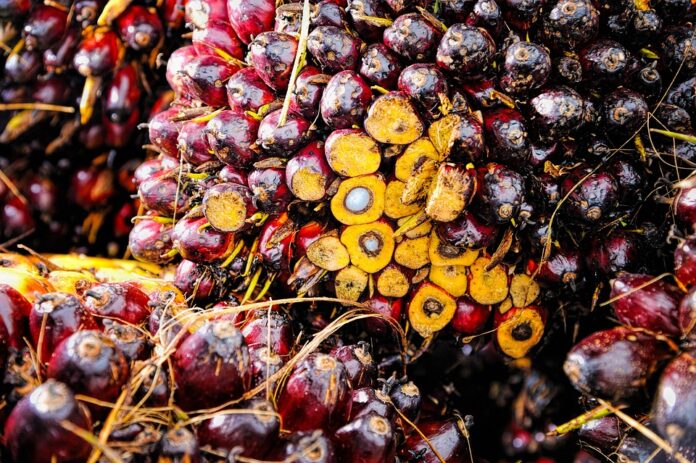Introduction
The global demand for palm oil has been on the rise due to its versatile use in various industries such as food, cosmetics, and biofuels. However, the production of palm oil has been linked to deforestation, habitat destruction, and human rights abuses, leading to a growing demand for alternatives to palm oil. While alternatives are emerging, the supply chain dominance of palm oil remains a significant challenge.
Challenges in the Palm Oil Industry
Environmental Impact
Palm oil production has been associated with deforestation, particularly in tropical regions such as Indonesia and Malaysia. The clearing of forests for palm oil plantations contributes to biodiversity loss, habitat destruction for endangered species, and increased greenhouse gas emissions.
Social Issues
The palm oil industry has also faced scrutiny for human rights abuses, including forced labor, child labor, and land grabs. Indigenous communities have been displaced from their lands to make way for palm oil plantations, leading to social unrest and conflict.
Ethical Concerns
Consumers are increasingly concerned about the ethical implications of using palm oil in products. The lack of transparency in the palm oil supply chain makes it difficult for consumers to know whether the palm oil used in products is sustainably sourced.
Alternatives to Palm Oil
1. Sustainable Palm Oil
One alternative to conventional palm oil is sustainable palm oil, which is produced according to strict environmental and social standards. Certification schemes such as the Roundtable on Sustainable Palm Oil (RSPO) aim to promote the production and use of sustainable palm oil.
2. Plant-based Oils
Various plant-based oils such as coconut oil, sunflower oil, and soybean oil can be used as alternatives to palm oil in food products, cosmetics, and biofuels. These oils offer similar functionality to palm oil and are more environmentally friendly.
3. Algae Oil
Algae oil is a promising alternative to palm oil that is produced from algae grown in controlled environments. Algae oil is rich in omega-3 fatty acids and can be used in a variety of products, including food supplements and cosmetics.
Supply Chain Dominance of Palm Oil
The palm oil industry is dominated by a few major players who control a significant portion of the global palm oil supply chain. Companies such as Wilmar International, IOI Corporation, and Sime Darby are key players in the palm oil industry and have a significant influence on the market.
Financial Data
According to financial reports, Wilmar International, one of the largest palm oil producers in the world, reported a net profit of $1.5 billion in 2020. IOI Corporation, another major player in the industry, reported a net profit of $500 million in the same year.
Industry Insights
The palm oil industry is facing increasing pressure from consumers, investors, and regulators to address environmental and social issues associated with palm oil production. Companies in the industry are investing in sustainable practices and transparency to meet these demands.
Conclusion
While alternatives to palm oil are gaining traction, the supply chain dominance of palm oil remains a significant challenge. Companies in the industry need to prioritize sustainability, transparency, and ethical practices to address the environmental and social issues associated with palm oil production. Consumers can also play a role by choosing products made with sustainable palm oil or alternative oils.




